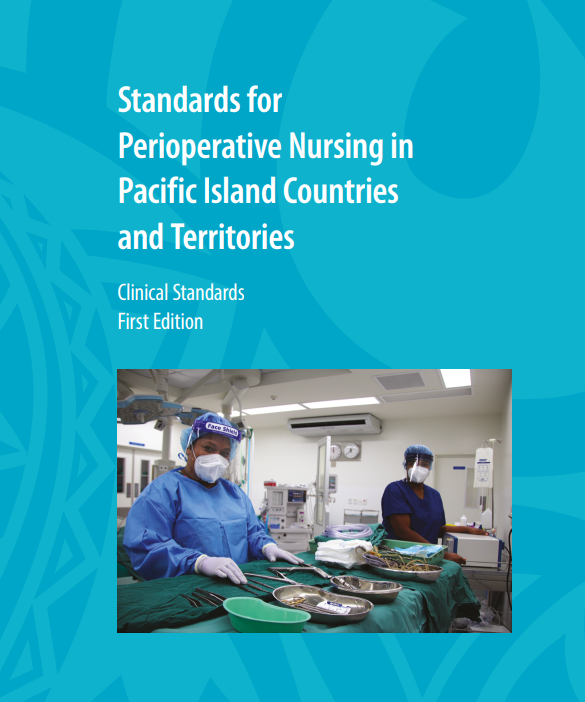There were previously, three distinct DFAT funded programs to assist Pacific Island Countries (PICs) in the delivery of clinical services in the region, including clinical workforce development. These programs were: - Royal Australasian College of Surgeons Pacific Islands Program (RACS-PIP); Strengthening Specialised Clinical Services in the Pacific (SSCSiP); and College of Medicine, Nursing and Health Science, Fiji National University (CMNHS, FNU).
In 2017, the Pacific Regional Clinical Services & Workforce Improvement Program (PRCSWIP) was designed to bring together all three implementing partners for better coordination, and achievements clinical outcomes. Each of these partners contribute to the vision of PRCSWIP that Healthcare that is affordable, appropriate to local needs and is of good quality and accessible.
Clinical Service Program (CSP), SPC – collaborates with PIC’s and partners, to explore regional opportunities and solutions for clinical services.
CMNHS, FNU – examines clinical PG training, that it is responsive and relevant to the Pacific needs.
RACS-PIP - ensures that PICs receive quality visiting medical teams with an increased focus on capacity building.
What does Clinical Services Program, SPC do?
1. Provide a regional governance forum for clinical services. SPC hosts the annual regional Directors of Clinical Services (DCS) meeting. Directors of Clinical Services or their equivalent meet annually to discuss issues and explore regional solutions for clinical services. Key recommendations from the DSC are presented to the HOH for discussions and endorsement. Critical clinical issues maybe escalated to the Pacific Ministers of Health meeting.
Hosting of a regional help desk function assists PICs with their clinical services queries. This includes advertising of clinical vacancies or locum positions, locating clinical personnel, seeking collaborative opportunities, dissemination of information or providing advice. Helpdesk functions attempts to find a solution.
2. Explore, develop and implement regional approaches and/or initiatives that are cost-effective in delivery clinical services includes initiatives such as aligning internship programs to the recommended regional requirements; exploring regional ENT solutions and implementing the Pacific perioperative practice standards.
3. Support commissioning and dissemination of research and analytical work as a means to support informed decision making by DCS and HOH. CSP partners with regional and international research institutes for research activities. Regional research and analytic work largely results from recommendations of DCS and technical meetings.
4. Strengthen Pacific Clinical Organisation’s networks to support continuing professional developments and discuss regional discipline-specific issues and solutions.
Now available



